Results
-
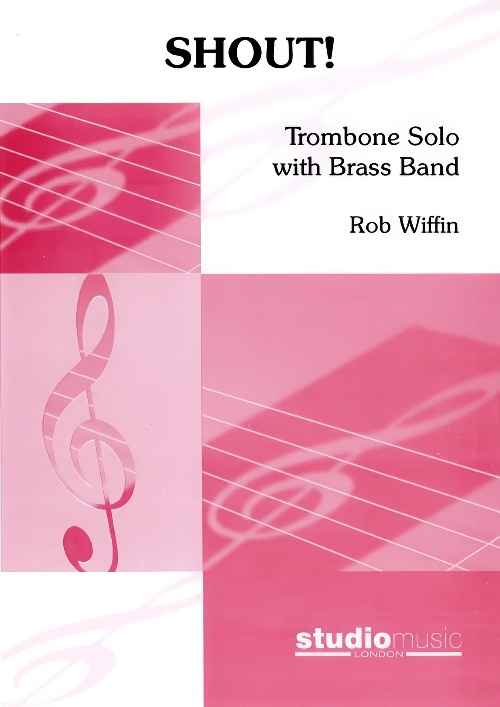 £42.95
£42.95Shout! (Trombone Solo with Brass Band - Score and Parts) - Wiffin, Rob
Shout! was written for Brett Baker to demonstrate a particular musical aspect of his trombone playing.It is a Latin jazz piece subtitled CCC 4 BB - Cha cha cha for Brett Baker - and shows the trombone's ability to act as a declamatory jazz voice, covering much of the range and expressive power of the instrument. In one sense the title also refers to the jazz tradition of a Shout chorus which often appears towards the end of a jazz piece, bringing the players together after they have all taken their improvised solos.Shout! should hopefully be enjoyable to listen to and, although not without its technical challenges, fun to play.Duration: 3.45Recorded on Polyphonic QPRL227D SHOUT!
Estimated dispatch 7-14 working days
-
£24.95
The Swan (Trombone or Euphonium Solo with Brass Band - Score and Parts) - Steadman-Allen, Ray
Featured by many Euphonium soloists over the years, the main aim of the soloist here is to re-create the sonorous sound of the cello, for which instrument it was set in its original form in 'Carnival of the Animals'.
Estimated dispatch 7-14 working days
-
£12.50
The Swan (Trombone or Euphonium Solo with Brass Band - Score only) - Steadman-Allen, Ray
Featured by many Euphonium soloists over the years, the main aim of the soloist here is to re-create the sonorous sound of the cello, for which instrument it was set in its original form in 'Carnival of the Animals'.
Estimated dispatch 7-14 working days
-
£34.95
Tucker (Cornet Solo with Brass Band - Score and Parts) - Leidzen, Erik
Originally published in the Festival Series in 1933 and written by the master of solo writing, Erik Leidzen, this has become, in Salvation Army circles, a 'standard' for all aspiring cornetists, exploring the full range of the instrument from bottom F# to top D.
Estimated dispatch 7-14 working days
-
£17.50
Tucker (Cornet Solo with Brass Band - Score only) - Leidzen, Erik
Originally published in the Festival Series in 1933 and written by the master of solo writing, Erik Leidzen, this has become, in Salvation Army circles, a 'standard' for all aspiring cornetists, exploring the full range of the instrument from bottom F# to top D.
Estimated dispatch 7-14 working days
-
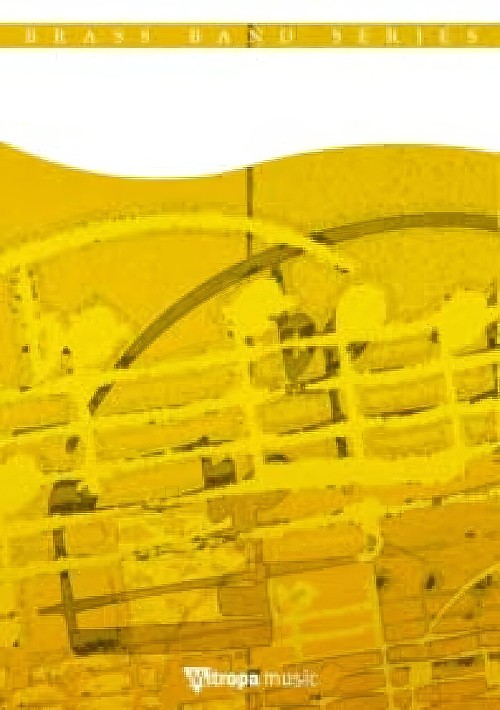 £74.99
£74.99Euphonium Fiesta (Euphonium Solo with Brass Band - Score and Parts) - Moren, Bertrand
A wonderful work for euphonium, Euphonium Fiesta consists of three separate movements played without a break. The first and third movements explore the technical and rhythmical possibilities of the soloist whilst, in the middle movement, the soloist has a wonderful lyrical melody fully utilising the full range of the instrument. This phenomenal work is sure to become a popular soloist showcase for many years to come.Duration: 9:30
Estimated dispatch 7-14 working days
-
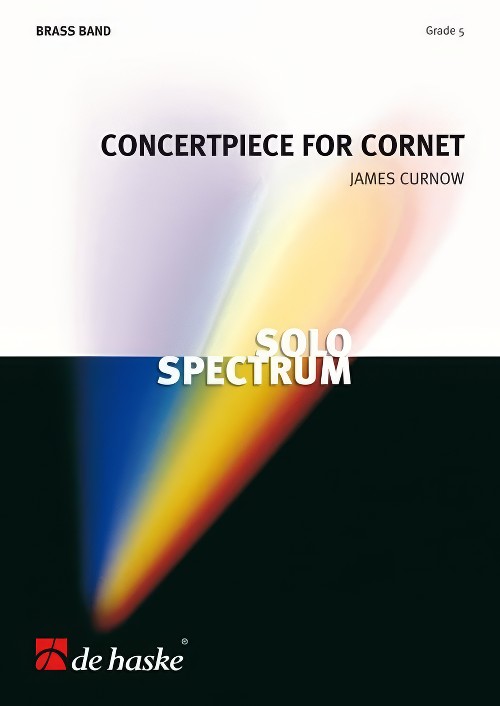 £59.99
£59.99Concertpiece for Cornet (Cornet Solo with Brass Band - Score and Parts) - Curnow, James
Concertpiece for Cornet is a valuable and tremendous addition to the solo repertoire of the instrument. Full of fireworks and technicalities the soloist is also put to the test with an expressive slower melody along with a varied and interesting accompaniment as you would expect from James Curnow. Showcase your cornet soloist with this tremendous concert piece.Duration: 6:30
Estimated dispatch 7-14 working days
-
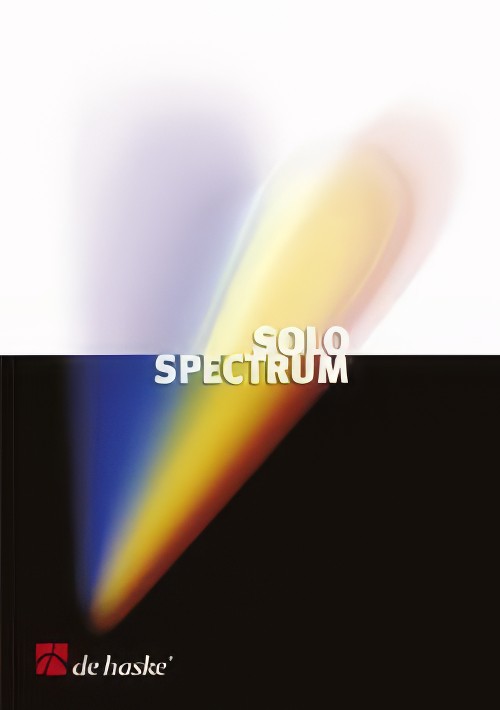 £59.99
£59.99She's Like the Swallow (Tenor Horn Solo with Brass Band - Score and Parts) - Curnow, James
This arrangement of the traditional melody features the tenor horn as a soloist. The haunting slow melody is ideally suited for the wonderful tone of this much under used solo instrument.Duration: 3:30
Estimated dispatch 7-14 working days
-
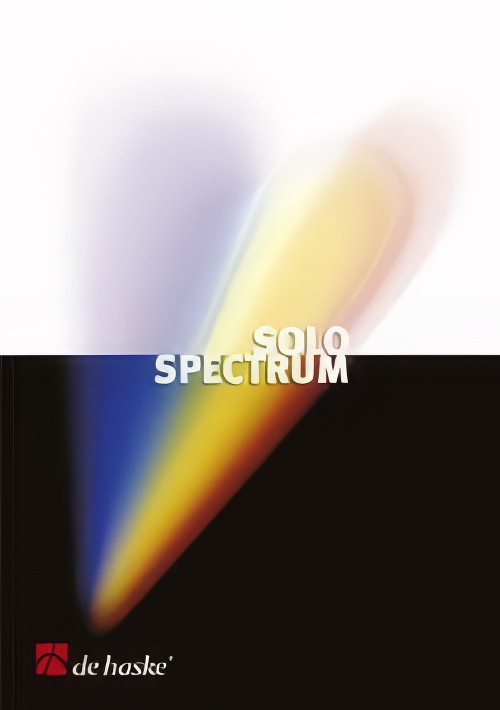 £53.50
£53.50Intermezza (Flexible Solo with Brass Band - Score and Parts) - Hempel, Jurjen
For solo instrument in C, Bb or Eb.Duration: 3:00
Estimated dispatch 7-14 working days
-
£104.99
Brass Dynamics - Franco Cesarini
Composed for the 2nd section of the Swiss Brass Band Championships Brass Dynamics is perfect as a major work for any concert. It is centred on the form of an (A-B-A) overture with the initial dynamic theme setting the tone for the entire work and reoccurring in each movement. Composer Franco Cesarini has a masterful feel for brass band orchestration and brings out the best of all instruments and instrument combinations. Enrich your concert repertoire with this fascinating work.
Estimated dispatch 5-14 working days
